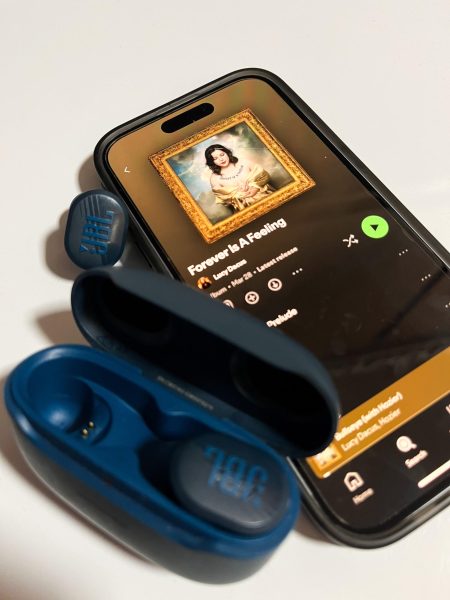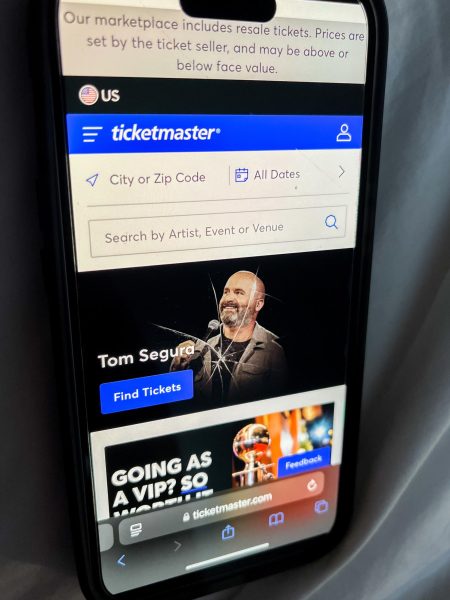Say what you mean to say
Last week, I was chatting with a coworker about my other job as an independent copy-editor. She made a joke — and I wish I could remember the exact phrasing because it was very funny — about editing the jerk out of the paper (taming the language down a bit).
Just to be clear, we weren’t talking about any of my clients or any real-life situation — it was simply a very clever quip.
Her funny one-liner got me thinking though — how much do we internally “edit” the conversations we’re having with others so that we avoid offense, hard topics or other potentially uncomfortable conversations? Goodness knows I do it all the time.
Take one of my closest friends — we have opposing views on many, many things political and have had many heated discussions over something the other said. There are times that I simply “edit” something he’s said in day-to-day conversation to avoid a fight. I’m sure he’s done the same to me.
I do this even more with family, In this case, I don’t want to upset the other family members around me. Where with my friend, it was simply avoiding an argument between the two of us, here it involves everyone at the dinner table.
There are times when the internal editing process is important to function as a member of society. A person can’t jump down another person’s throat every time a stupid comment is made. Society would descend into chaos pretty quickly, especially since we all have vastly different opinions on what “stupid” is.
We have to censor what we say to keep ourselves sane. It’s the reverse of the filter we have from brain to mouth when we speak.
Sometimes, though, the editing has to stop. I’m noticing this as I listen to people talking about the current state of civil rights and equality in America.
How different is ignoring the micro-agression said at a family gathering than blatant hate speech in a public forum? How different is ignoring an ignorant comment made by a friend who means no harm than ignoring a slur screamed at a stranger on the street?
I’ve learned that I keep quiet too often — too often I assume that I can’t change this hypothetical person’s mind while really I don’t want to come across as a jerk who starts fights over “little things.”
But really, I’m just avoiding conflict and furthering the problem. Whether what is said comes from a lack of education, exposure or pure venom, it was still said. It’s been put out there, in the world, slowly worsening the potential for positive change.
It’s time for me to stop editing. It’s time for all of us to stop editing. We live in a world where I’m literally scared for my friends’ lives — and for good reason. We live in a country where cops hunt down black men and fire on peaceful protesters in Missouri. Baltimore burned last week because of riots. Transgendered youth are killing themselves because they can’t find safety from ignorance and hate speech. And that’s just the tiniest tip of the iceberg of hate that seems to have sunk our country.
Folks, it’s time for us to start actually thinking about why we stay quiet. Is it because we don’t want to offend, or is it because we’re too cowardly to say anything when someone makes an inappropriate quip about a woman’s hijab?
This internal editing process is placed in us early — think back to the elementary school chant of “Sticks and stones can break my bones but words can never hurt me.” Words do hurt though. They are what make up the laws of the land. They are what make up the speeches of pundits on their soapboxes. Heck, they make up this very article. Words are powerful and can be tools of change or tools of oppression.
It’s time for the internal to become the external. Instead of ignoring, we should call out. It doesn’t have to be aggressive — we don’t have to dissolve into fighting battles. It can be a simple, “Hey, that was really insensitive of you to say about Jenner’s transition.” Words can make change, sentences at a time.
And sure, the change is small. One person realizing they’ve been an ignorant jerk doesn’t make much of a difference right? Wrong. That’s how change starts. It starts with one person. It starts with me. It starts with you. Our generation is at a crossroads — make the same mistakes of the past or change for the better. I’ve already made my decision, what’s yours going to be?
Kjerstine Trooien is a staff writer for The Dakota Student. She can be reached at kjerstine.trooien@my.und.edu.






